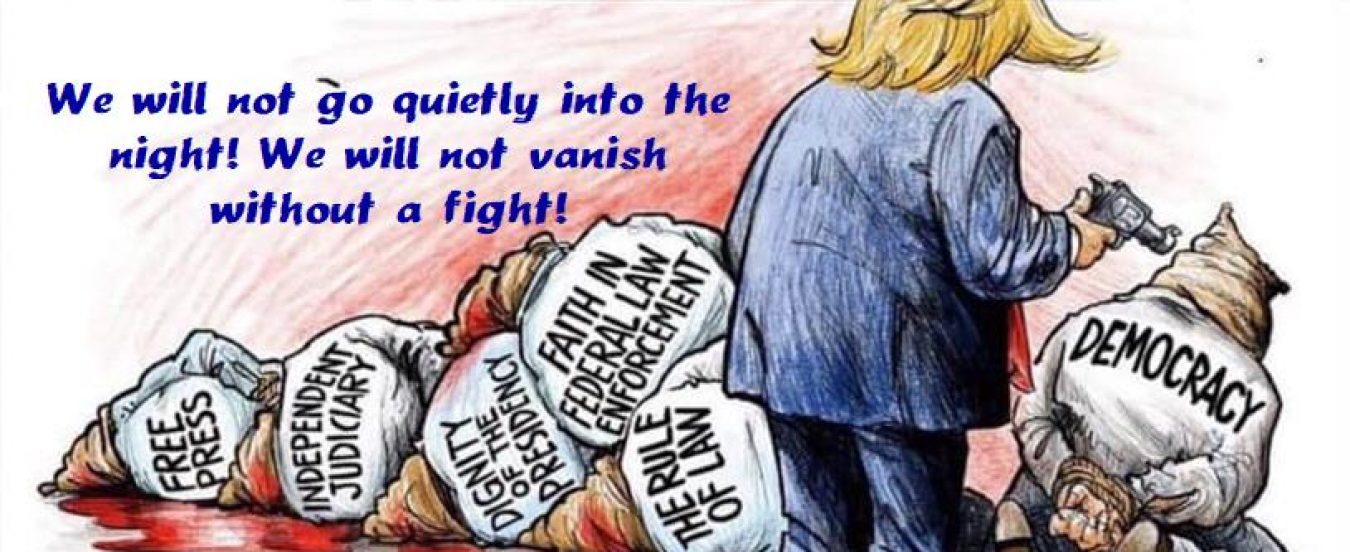The US economy again defied expectations in April, as another month of strong hiring and falling unemployment forced experts to reevaluate just how good the economy can get — and how long the current expansion can last.
Employers added 263,000 new jobs last month, a record 103 straight months of job growth. That is a long time period for that economic measurement to remain positive. Actually, the longest streak since our government began recording that statistic. That is one nice wow! Good for the USA!
Let’s see, 103 months ago was about October of 2010. The month before there was a loss of 64K jobs in September of 2010. Incidentally, the record high number of jobs created in a month was 534,000 in May of 2010. That 534,000 new jobs figure coming just four months before September’s 64,000 loss brings to mind the thought that with better management of job creation timing we could have had an even longer job creation winning streak. It seems as if Mr. Obama, POTUS back in 2010, wasn’t big on that kind of trivia. Just focused on getting the Great Recession over with.
Can this economy be sustained or get better? Is it too good to last? Recessions are tricky to forecast, several leading economic indicators have predicted seven of the last four downturns. [That is an economist joke]
Can this economy be sustained or get better? As the job increase streak reached month 103, the president called for more stimulus. Demanding the Federal Reserve to cut interest rates and buy more government bonds, policies that are typically used only during economic and financial distress. Perhaps he knows something we don’t.
Will this economy be sustained or get better? The serious and short answer is: We don’t know. There is a historic reason for that uncertainty. Expansions don’t simply die of old age. Something has to knock us away from full employment. As we get smarter in doing productive tasks (the economists call that productivity) and the population increases it is normal for our economy to expand. There is no natural age limit. Expansion is normal.
Still yet, previous eras of such economic performance came to painful ends. The prosperity of the 1960s was followed by runaway inflation in the 1970s (remember stagflation?); the long expansion of the 1990s burst along with the tech bubble; and the gains of the 2000s ended when a collapsing housing bubble spiraled into a global financial crisis and the worst recession in generations. We bailed out the “to big to fail” and no one went to jail. OPEC oil shock, dot.com bubble, housing bubble—it seems there is always something to take the punch bowl away.
Here are three different ways the decade long cycle could end: China stops buying our debt, a trade war, the Federal Reserve is damaged. Hanging over the China trade talks is a 25 percent import tax President Trump threatened again Sunday on all Chinese goods brought to the United States. Those tariffs will be paid by American consumers, not China. Trump’s claims that China pays the tariffs into our treasury are bogus.
If there is a deadlock in the talks, the Chinese economy will be harmed more than ours, but China will stop buying our debt – causing an interest rate shock as other buyers are sought. A prolonged trade war with Europe, on the other hand, would be serious for both Europe and the U.S. Too dangerous to think about.
Hanging over the Federal Reserve is the president’s determination to politicize it. His recent choices Fed board choices are clearly political. And the president continues to criticize the Fed and Fed Chairman Powell. Investors seeing the Fed as politically driven will move to other currencies, decreasing the dollar’s value relative to other currencies and an increase in US long-term interest rates. All added to the loss of the Fed’s capacity to do the job it was created to do.
Will this economy be sustained or get better? The short answer is: We don’t know. It could and it should, but….
(Jim Holland is Pct. 19 Chair of the Stephens County Democratic Party: scdpok.us or facebook.com/SCDPOK/.)
